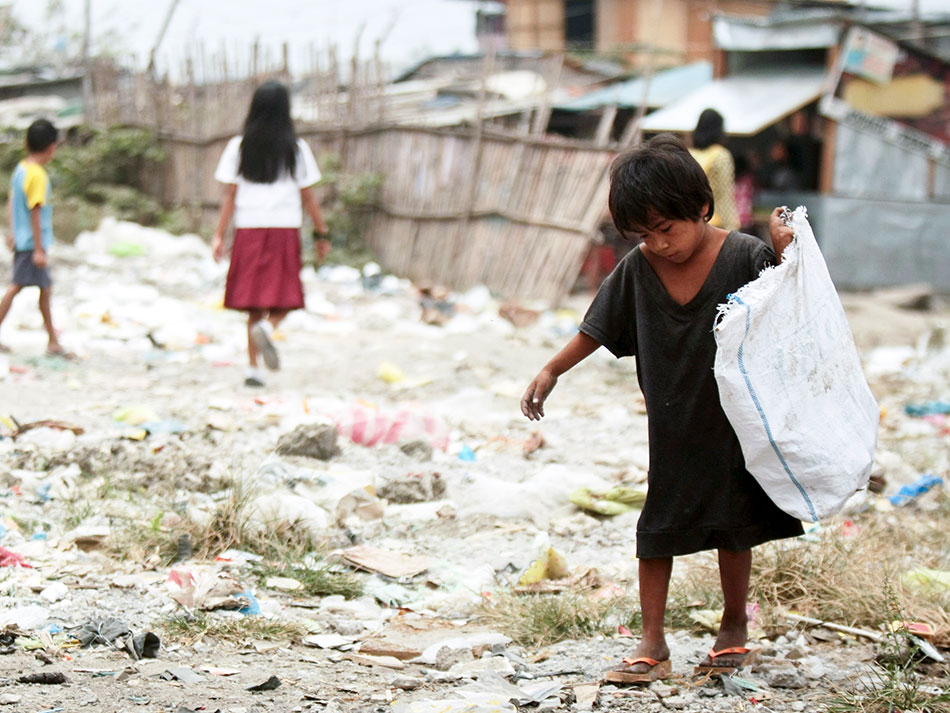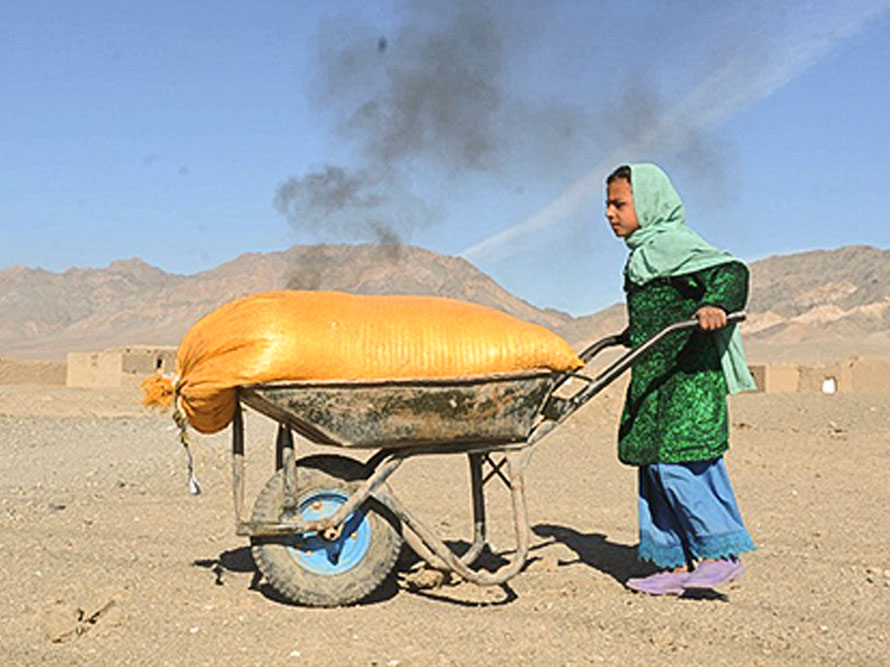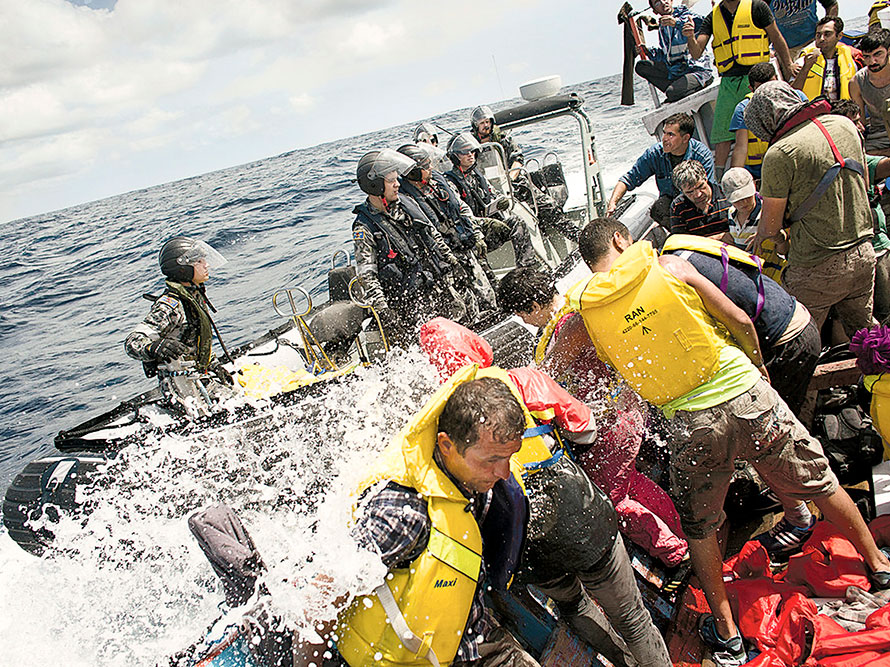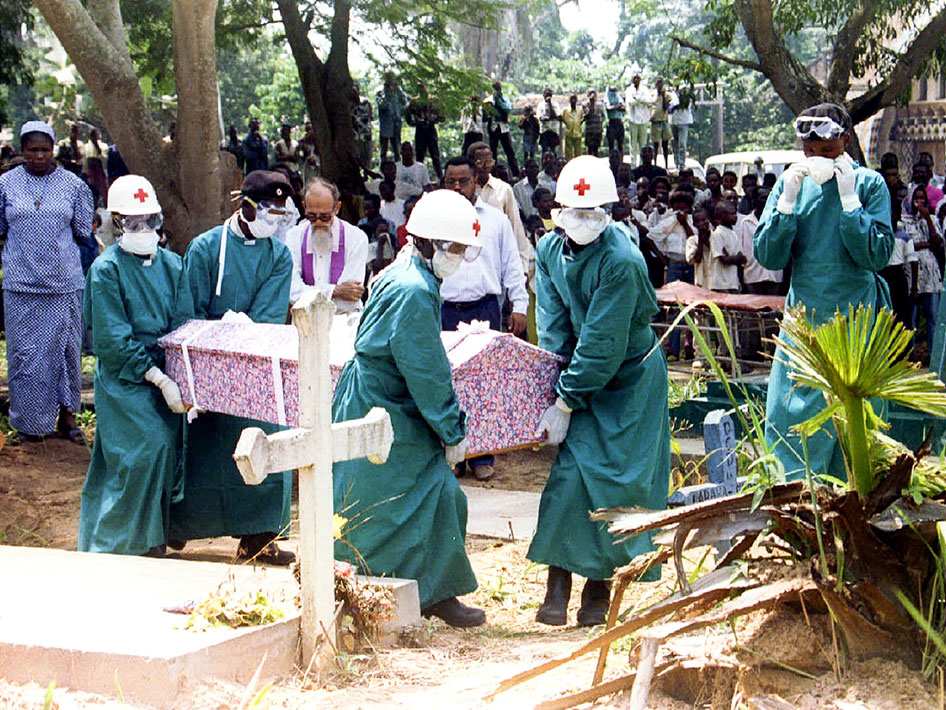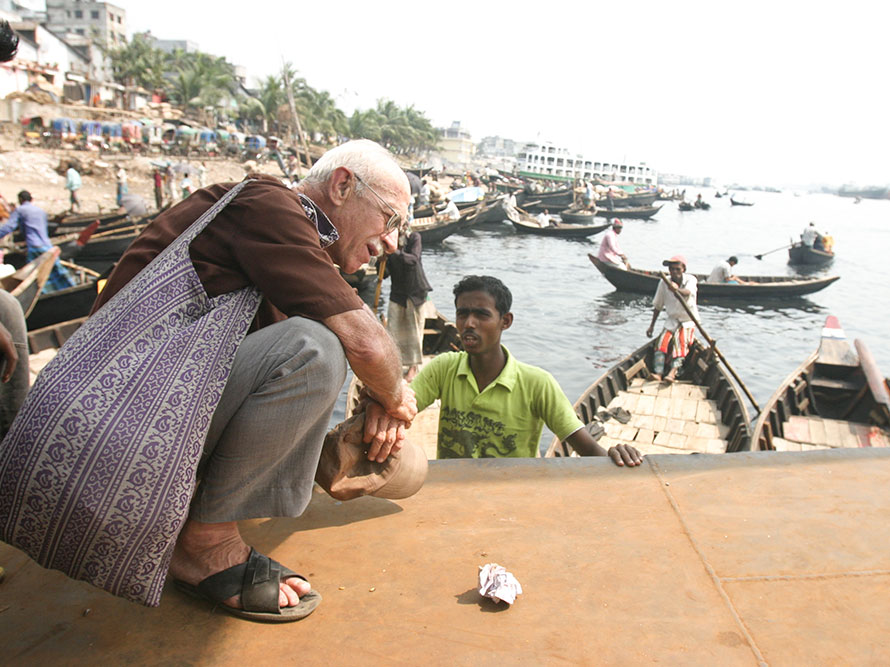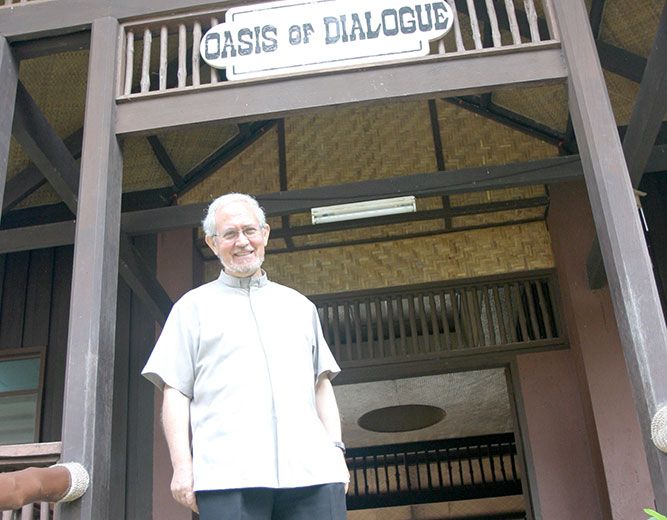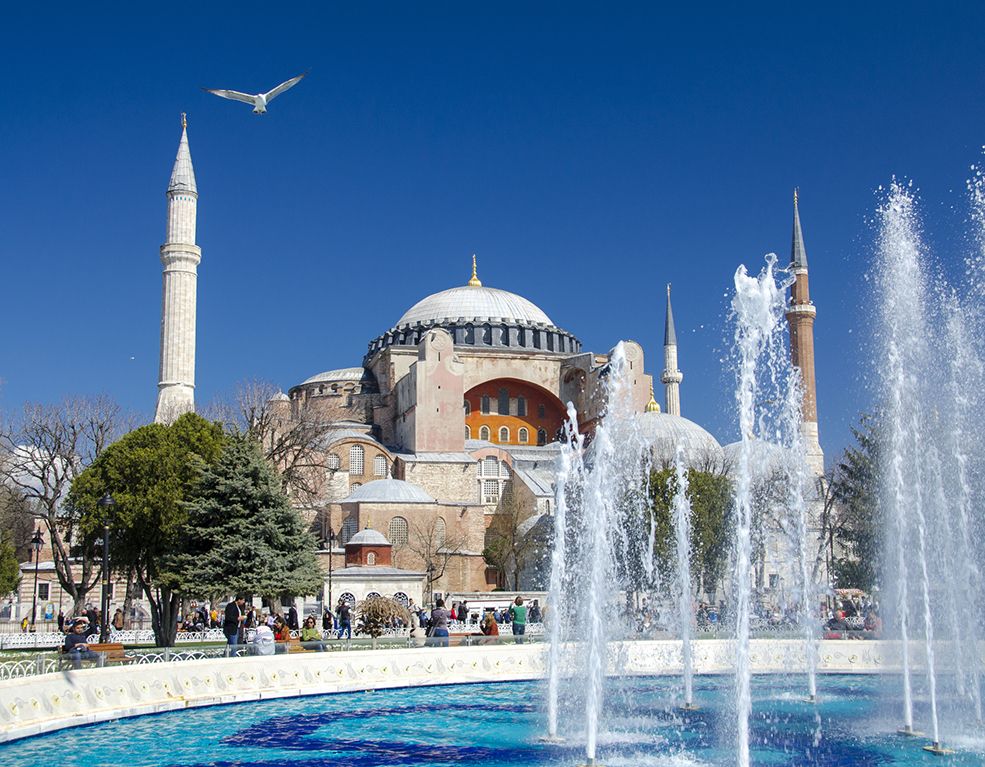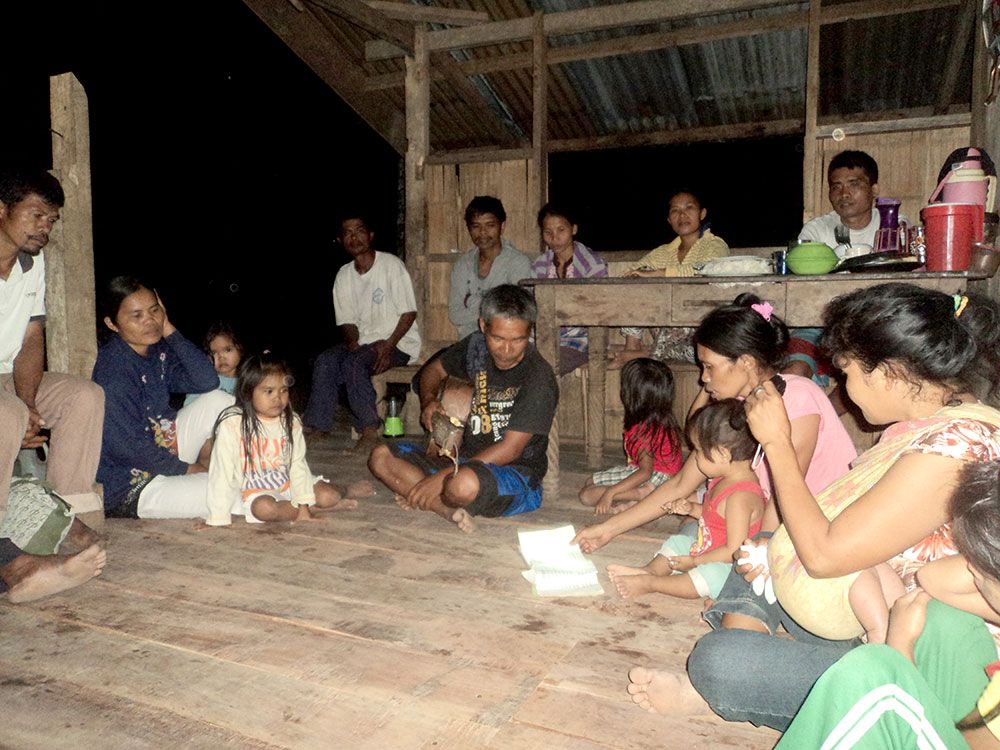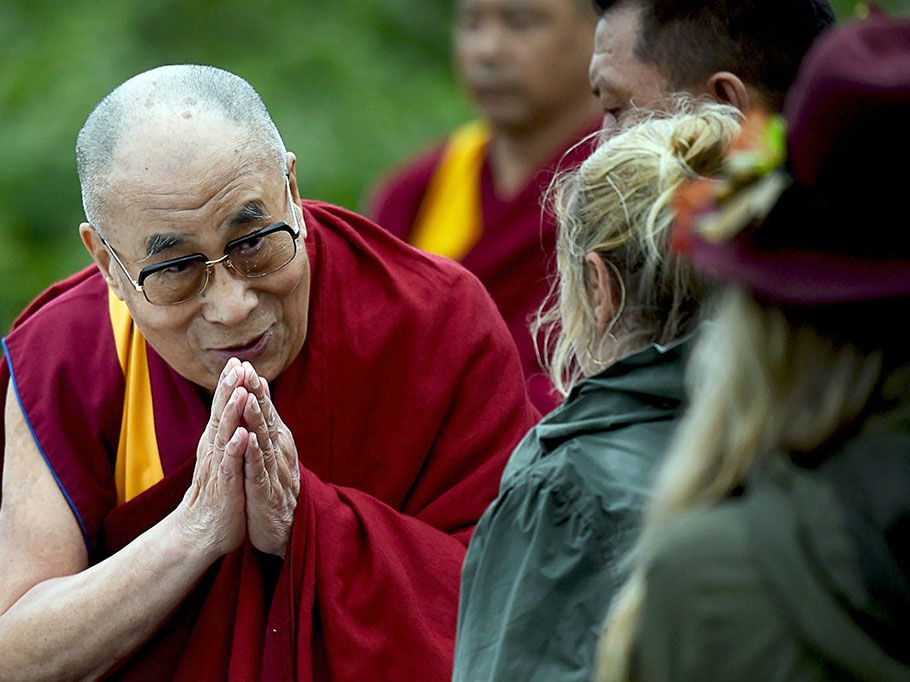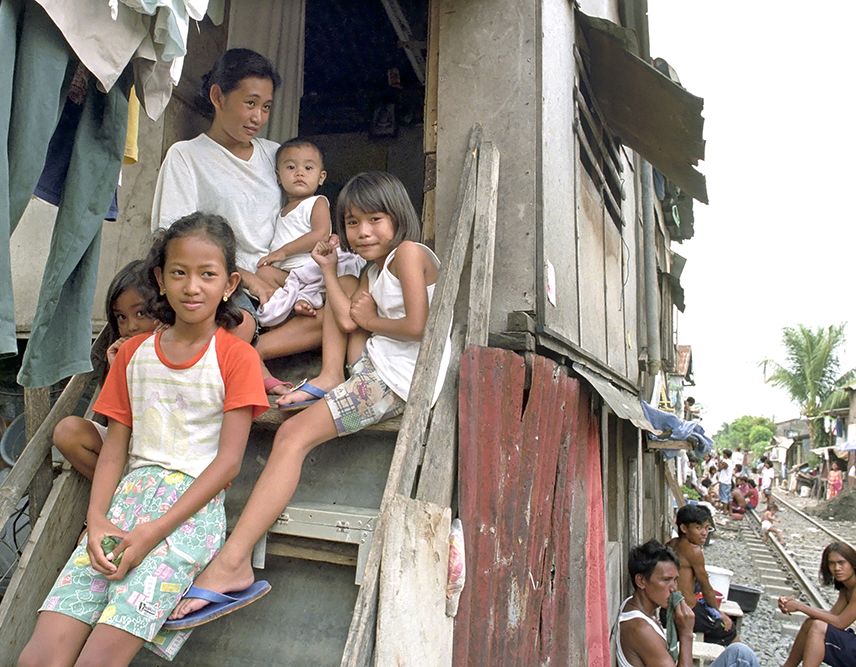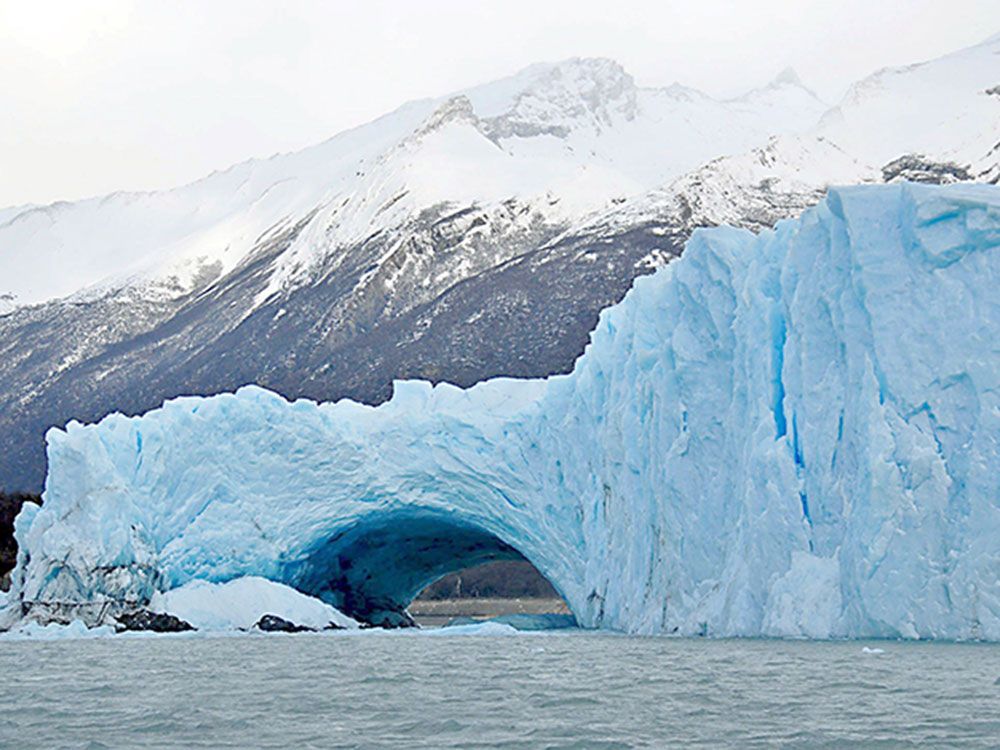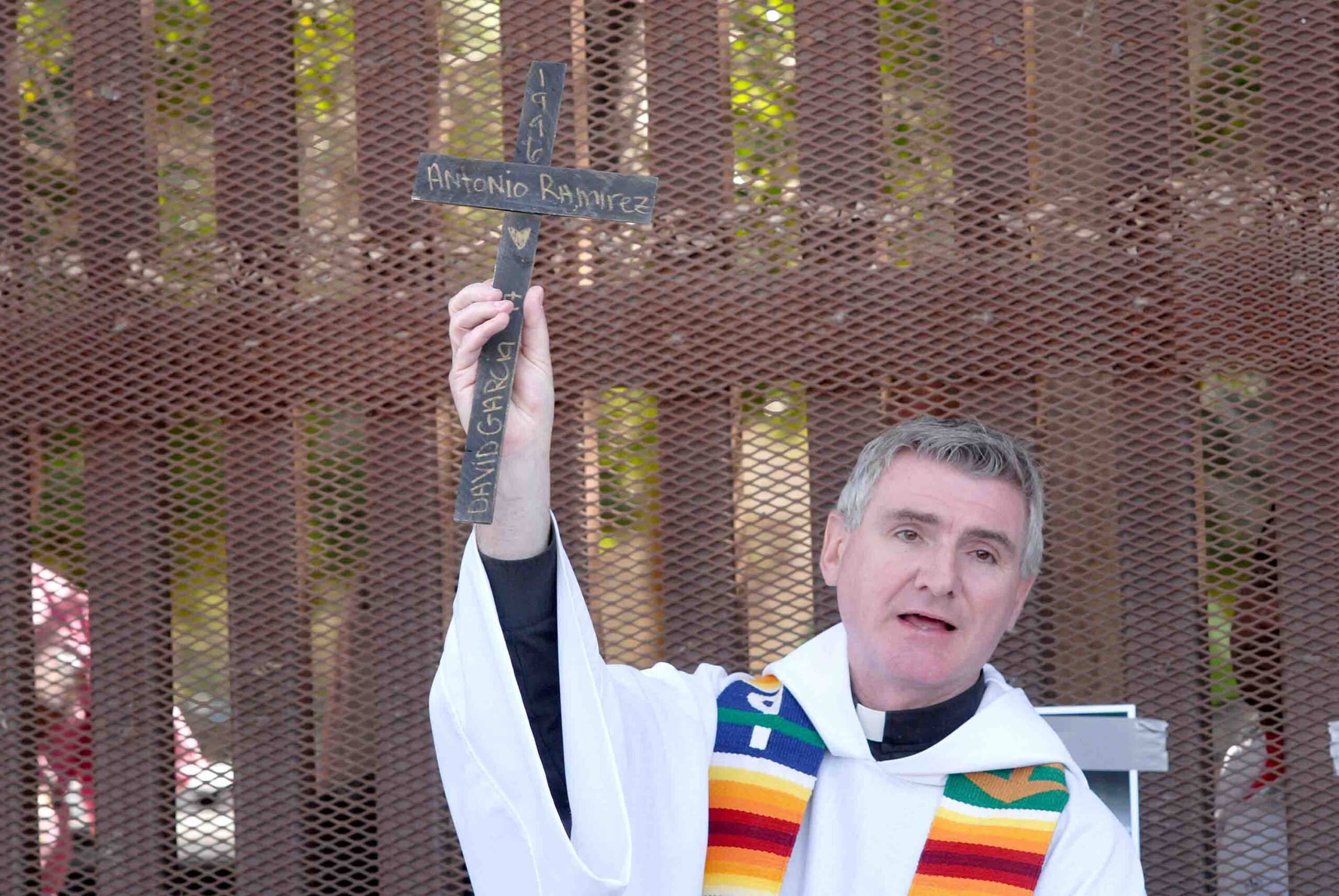Speaking in behalf of the Asian bishops, Pope John Paul II, in 1998, admitted that Christianity in Asia is perceived as a Western religion because (1) Jesus is perceived as a Western figure, even if He was “born on Asian soil” and (2) Christianity in Asia is “associated with Western colonial influence,” unlike Hinduism, Buddhism, Taoism and Oriental religions which are very Eastern in character.
The Church is partly to blame for this. In the 17th century, Matteo Ricci (1562-1610) and his other Jesuit companions tried to reconcile the Chinese veneration of departed ancestors to Catholic liturgy. But Pope Clement XI, in 1704, condemned the innovation. After realizing the consequences of its mistake, Rome retracted the condemnation in 1939. But the belated decision missed the golden opportunity when the Chinese authorities then welcomed the approach of Ricci and companions.
Vatican II and post-Vatican II documents have encouraged inculturation or the dialogue between the Good News and culture. This dialogue with culture may be on the level of the physical, the social, the mental and the symbolic. In Asia, such an inculturation proved useful in illustrating beliefs about the Holy Spirit and power.
THE “MISSING” SPIRIT
In his book entitled I Believe in the Holy Spirit, the Dominican theologian Yves Congar documented how the Catholic Church in past centuries had “forgotten” the Holy Spirit. For example, German theologian Karl Adams, in 1924, wrote that the Catholic faith rests on the trinity of God, Christ and Church. It was written at a time when the first Vatican Council in 1870 stressed the infallibility of the pope and the Immaculate Conception of Mary. In addition, the lone Eucharistic prayer before Vatican II had no explicit wording for the Holy Spirit, even if the invocation of the Holy Spirit is essential in the Eucharistic sacrifice. This was eventually corrected in the newer Eucharistic prayers after Vatican II. The Council restored the rightful place of the Holy Spirit in ecclesiology, in the theology of mission, and other areas.
As the Church began to reintensify its missionary work, particularly in Asia, following Vatican II, the Holy Spirit had to be “reintroduced” using the familiar concepts of power in the Orient.
POWER IN ASIAN THOUGHT
Power is a perennial concern in Asian, the Pacific, African, and in other cultures. Asian thought holds that power comes from the “Absolute” and is shared in the universe, humans, and the whole of creation.
In Hinduism, prana, the life-sustaining force of living beings, comes primarily from the Almighty who is Pure Consciousness. Prana is applied in pranic healing as well as in athletics.
The counterpart of prana in Taoism and Confucianism is chi. Humans may acquire chi through the practice of Tai Chi – relaxation, meditation, breath control among other means.
In Bahasa Indonesia, power is tenaga dalan. In Javanese culture, power is ilimu. In Filipino, power is bisa. All these Oriental cultures hold that power can be acquired through ascetical practices.
POWER AS AN IMAGE OF THE HOLY SPIRIT
The Bible uses different symbols of the Holy Spirit. Among them are water, oil, fire, cloud, light, dove, wind, seal, and the finger of God. But the Bible has another image, namely, power.
In the Pauline writings, power is applied to God the Father, Christ, or the Holy Spirit. In Romans, God the Father is referred to as the source of this power: “Ever since the creation of the world, His invisible attributes of eternal power and divinity have been able to be understood and perceived in what He has made.”
COMBINING EAST AND WEST
In Asian thought, power can apply to the divine. Through inculturation, the Asian concepts of power can be paralleled with the Christian doctrines on the Holy Spirit and grace by defining the Holy Spirit as uncreated energy while defining grace as a participation in this divine energy.
The Federation of Asian Bishops’ Conference (FABC), in its 1992 document “The Spirit at Work in Asia Today,” noted a strong correspondence between prana and the Holy Spirit. Prana, as mentioned earlier, corresponds to qi (chi) in Taoism and Confucianism as well as the equivalent terms in Indonesian and Filipino thought. The Asian theologians in the said document taught: “We cannot but recognize the lofty moral and spiritual values that these philosophies of life offer to humankind’s search for peace, harmony and meaning. In many ways, they reflect the workings of the Holy Spirit in the cosmos and particularly in humanity and its history.”





